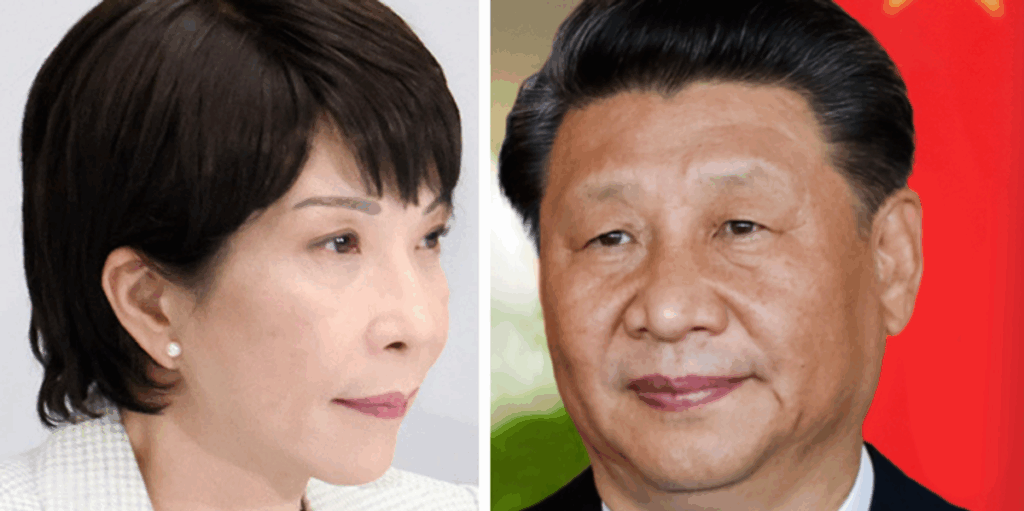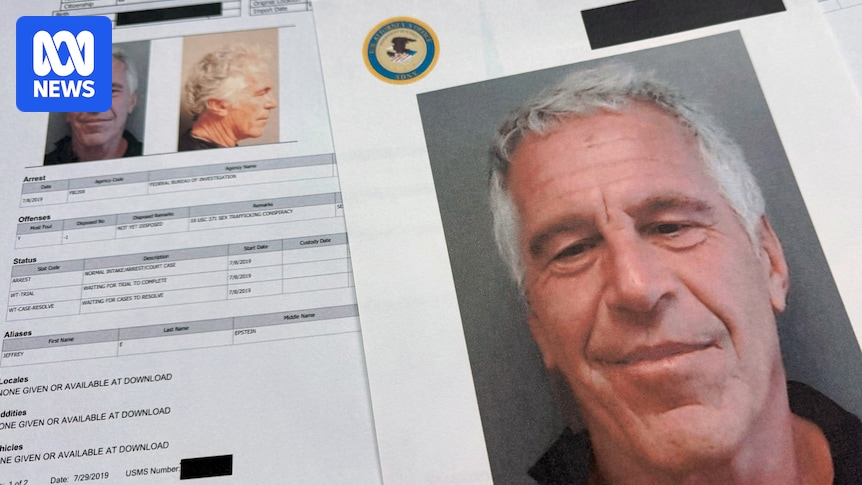
On October 4, the Liberal Democratic Party (LDP) of Japan elected Sanae Takaichi as its president, positioning her to become Japan’s first female prime minister. Takaichi is expected to bring a more assertive stance on defense, particularly concerning Taiwan, as the Diet prepares to confirm her appointment next Wednesday.
During her campaign for leadership, Takaichi reiterated her long-standing views on security policy, emphasizing Japan’s need to enhance its defense capabilities and assume greater responsibility for its own security. This includes strengthening the U.S.-Japan alliance, deepening trilateral relations with South Korea and the Philippines, and reinforcing the Quad alliance with the U.S., Australia, and India to counter China’s influence.
Sanae Takaichi’s Taiwan Policy
Takaichi’s views on Taiwan reflect mainstream Japanese thinking. In a recent discussion at the Hudson Institute, she underscored the significance of “peace and stability in the Taiwan Strait” as crucial to the international community, including Japan. She asserted that “unilateral changes to the status quo through force or coercion must never occur” and highlighted Taiwan as “an extremely important partner and a valued friend for Japan.”
However, Takaichi’s stance on Taiwan’s defense is notably proactive. In her previous run for the LDP presidency in September 2021, she stated that a crisis in Taiwan would pose a direct threat to Japan, suggesting a high likelihood of deploying Japan’s Self-Defense Forces. She also advocated for close coordination with the U.S., including exercising the right of collective self-defense.
During her second campaign in September 2024, Takaichi suggested that a Chinese maritime blockade on Taiwan could be considered a “crisis that threatens the nation’s existence,” potentially justifying the use of force under legislation passed in 2015.
Expert Opinions and Alternative Views
In contrast to Takaichi’s approach, Michael Swaine of the Quincy Institute offers a different perspective. Swaine argues that Taiwan is not a vital U.S. security interest and that Washington should avoid a catastrophic war with China over Taiwan. He suggests a policy of strategic clarity, where the U.S. would strengthen Taiwan’s military capabilities and employ political, economic, and diplomatic measures to deter China without direct military intervention.
“The U.S. should move to a policy of strategic clarity whereby Washington would declare that it would not directly fight China to defend Taiwan,” Swaine argues.
While Swaine’s proposal might serve Japan’s national interest, Japan under Takaichi’s leadership is likely to oppose this shift. Japanese policymakers argue that Taiwan is a critical interest, as its unification with China could threaten Japanese sea lanes and territory, especially Okinawa.
Historical Context and Strategic Implications
The historical context of Japan-China relations adds depth to the current tensions. The Ryūkyū Kingdom, which included Okinawa, had close ties with China before its annexation by Japan. However, claims that China intends to seize Okinawa after unifying Taiwan are largely speculative, as Chinese officials have never suggested such intentions.
Japan’s concerns extend to the Senkaku/Diaoyu Islands, where China’s claims are weaker compared to Taiwan. Rather than seizing these islands by force, China aims to have Japan recognize a territorial dispute. Given China’s greater interest in Taiwan, it is unlikely to risk military conflict with Japan over these islands.
Japan’s defense capabilities are deemed sufficient to deter China. If Taiwan fell under Chinese control, the Chinese navy could access the Pacific Ocean more easily, but China’s interest in international trade makes it unlikely to threaten Japan’s sea lanes beyond Taiwan.
Potential Consequences and Future Directions
The ongoing military competition between China and the U.S. increases the risk of accidental conflict. An overemphasis on military deterrence could ignite an inadvertent war. Effective deterrence requires reassuring China that its vital interests are not threatened.
China views the eventual “reunification” with Taiwan as a core interest. From Beijing’s perspective, Washington and its allies, including Japan, are encouraging pro-independence forces in Taiwan, undermining the understandings that formed the basis of normalization between China, Japan, and the U.S.
If Takaichi enhances Japan’s security engagement with Taiwan and encourages Washington to bolster military deterrence, Beijing may escalate its actions around Taiwan and accelerate its military buildup. This could corner Chinese leadership into considering military force as the only option.
For Japan, pursuing a strategy of peace, as recommended by Swaine, could reduce the risk of war while preserving Taiwan’s security. If conflict arises and the U.S. uses military assets in Japan, China might retaliate, threatening Japanese civilians’ safety and livelihoods.
Sanae Takaichi’s leadership aims to revitalize Japan’s economy, promote security, and enhance diplomatic influence. Working with the U.S. to pursue a peaceful strategy could best achieve these goals without escalating tensions with China.





